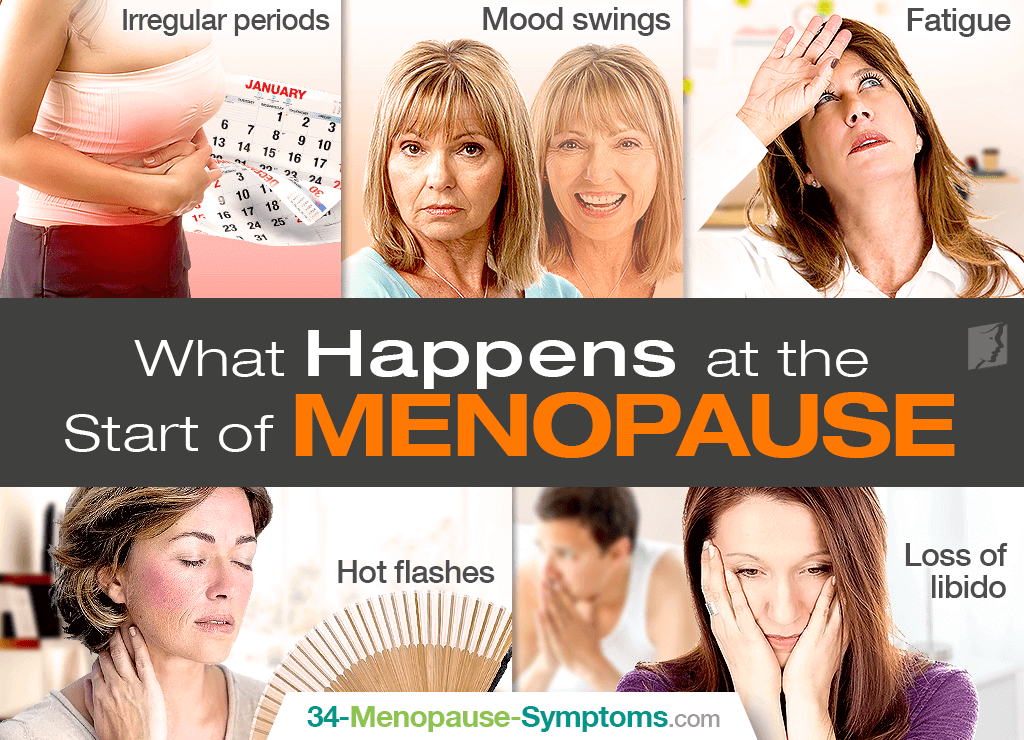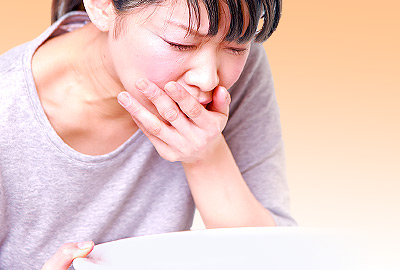The menopausal transition is rife with symptoms caused by hormonal fluctuations. Continue reading to discover what happens when menopause starts and what you can do to find relief if need be.
What Happens When Menopause Starts?
When many people talk about menopause, they are actually referring to perimenopause, which is the name for the years leading up to the cessation of the menstrual cycle.
Perimenopause starts with drastic hormonal fluctuations as a woman's reproductive abilities begin to come to their end, and menopause is officially announced when a woman has gone 12 consecutive months without a period.
It is during perimenopause that many symptoms will arise that she may have suffered from throughout her reproductive years, but this time with heightened frequency and intensity. Some of the most common menopause symptoms include:
Irregular periods
This is the only universal symptom of menopause that affects all women. Fluctuations in estrogen and progesterone will render your monthly cycle unpredictable. Sometimes your period will be extremely heavy, and PMS symptoms will be more severe, while other times it will disappear for months at a time.
Mood swings
Some women experience severe and sudden mood swings during menopause. If you are prone to mood swings with PMS, then you will be more likely to be affected by this symptom. It's not uncommon for perimenopausal women to experience short bouts of depression during this time as well.
Fatigue
This symptom is usually a result of other menopause symptoms. Night sweats and insomnia, for example, can keep you from getting enough sleep. Also, mood swings and anxiety can make it more likely that you'll become exhausted throughout the day.
Hot flashes
Changes in your body's hormones may lead to hot flashes and night sweats. These are usually caused by hypothalamus malfunction due to lowered levels of estrogen. This leads your body to think that it's overheating, causing a hot flash. Night sweats are hot flashes that occur at night.
Loss of libido
If you start to notice that your sex drive is lagging, it is likely the result of perimenopause. This could be an indirect symptom of vaginal dryness, which can make intercourse painful, or a symptom all of its own.
For More Information
Menopause is different for everyone, and these symptoms are just a few of the ones you may experience. Learn more about the onset and ways to cope with menopausal symptoms as you transition into this new stage of your life.
Sources
- Love, Susan. (2003). Menopause and Hormone Book. New York: Three Rivers Press.




